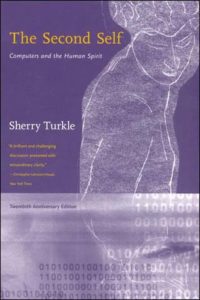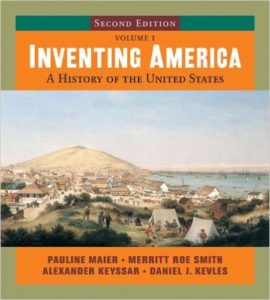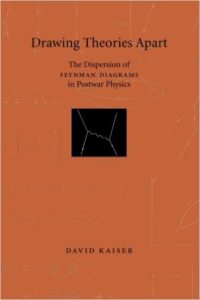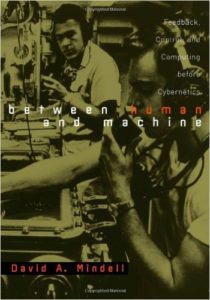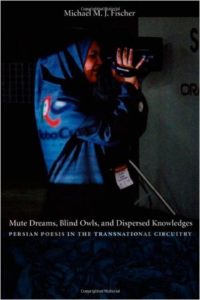In The Second Self, Sherry Turkle looks at the computer not as a “tool,” but as part of our social and psychological lives; she looks beyond how we use computer games and spreadsheets to explore how the computer affects our awareness of ourselves, of one another, and of our relationship with the world.
Books
Pedagogy and the Practice of Science: Historical and Contemporary Perspectives
Pedagogy and the Practice of Science provides the first sustained examination of how scientists’ and engineers’ training shapes their research and careers. The wide-ranging essays move pedagogy to the center of science studies, asking where questions of scientists’ training should fit into our studies of the history, sociology, and anthropology of science.
Drawing Theories Apart: The Dispersion of Feynman Diagrams in Postwar Physics
Feynman diagrams have revolutionized nearly every aspect of theoretical physics since the middle of the twentieth century. Introduced by the American physicist Richard Feynman (1918-88) soon after World War II as a means of simplifying lengthy calculations in quantum electrodynamics, they soon gained adherents in many branches of the discipline.
Mute Dreams, Blind Owls, and Dispersed Knowledges
ver the past decade Iranian films have received enormous international attention, garnering both critical praise and popular success. Combining his extensive ethnographic experience in Iran and his broad command of critical theory, Michael M. J. Fischer argues that the widespread appeal of Iranian cinema is based in a poetics that speaks not only to Iran’s domestic cultural politics but also to the more general ethical dilemmas of a world simultaneously torn apart and pushed together.
Emergent Forms of Life and the Anthropological Voice
Anthropology as Cultural Critique helped redefine cultural anthropology in the 1980s. Now, with Emergent Forms of Life and the Anthropological Voice, pathbreaking scholar Michael M. J. Fischer moves the discussion to a consideration of the groundwork laid in the 1990s for engagements with the fast-changing worlds of technoscience, telemedia saturation, and the reconstruction of societies after massive trauma.
